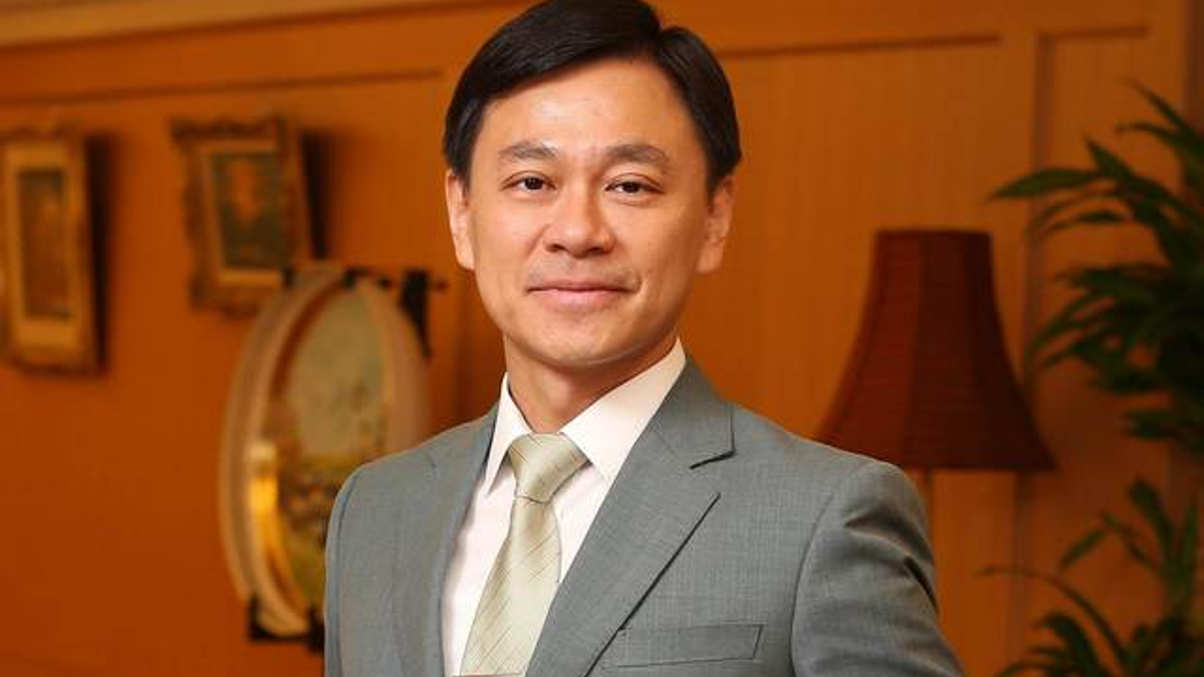E.Sun plans robo-adviser platform, cautious on foreign funds
The head of wealth management at Taiwan's E.Sun Bank talks about plans to launch a robo-advisory business and highlights the challenges raised by tighter regulation of foreign funds.

E.Sun Bank, the fastest-growing distributor of funds in Taiwan, plans to launch a robo-advisory platform, but is being cautious in onboarding new asset managers, amid tightening regulation around foreign product sales.
Sign in to read on!
Registered users get 2 free articles in 30 days.
Subscribers have full unlimited access to AsianInvestor
Not signed up? New users get 2 free articles per month, plus a 7-day unlimited free trial.
¬ Haymarket Media Limited. All rights reserved.


